Anthony Ssenyonga, 29, is an agro-input dealer, plant doctor, and entrepreneur whose innovative use of digital tools is supporting smallholder farmers in his community and beyond. He is a leader among the youth in agriculture in Uganda, inspiring other agri-entrepreneurs.
Before his rise as a digital agricultural champion, Anthony was a small-scale vegetable farmer, helping households and schools grow their own produce to reduce costs. He also operated a modest agro-input shop.
Things changed when Anthony trained as a plant doctor. Equipped with new skills in crop health diagnosis and management, as well as agribusiness, Anthony reimagined his business and purpose.
“When the great opportunity to train as a [plant doctor] landed, life started changing.“
Building his business, Divine Mercy Agro Connect
Motivated by the training, Anthony transformed his small business into Divine Mercy Agro Connect, a fully registered company that offers a comprehensive suite of services for farmers. With certification from Uganda’s Ministry of Agriculture, Animal Industry and Fisheries (MAAIF), he expanded beyond selling agricultural inputs. With reinvested savings from his training allowances, Anthony’s shop became a hub where farmers could receive expert advice, diagnosis, and tailored recommendations for their crops.
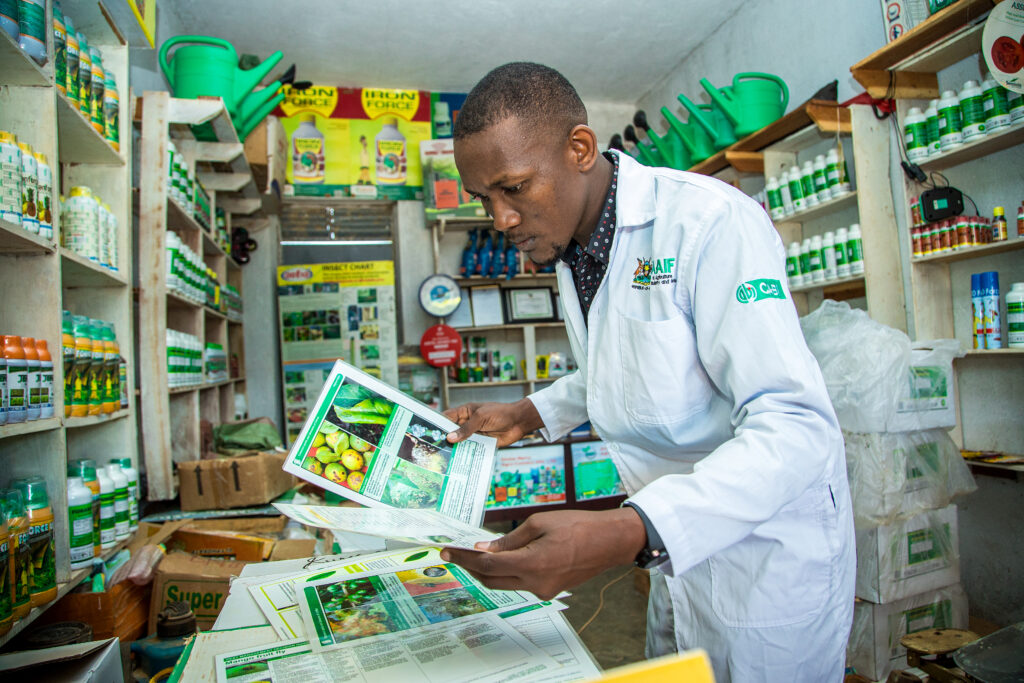
“I decided to revamp my small business because I had the courage, and I wanted to give my customers additional services besides selling inputs. I provide practical advice to customers before they purchase products such as insecticides, fertilisers, certified seeds and herbicides.”
His business is having a positive effect on his community. Anthony teaches farmers about the safe handling of chemicals and how to adopt lower-risk alternatives like biopesticides, pheromone traps and neem-based solutions. Anthony says that he refers to the CABI BioProtection Portal when advising farmers to shift away from high-risk inputs
Through Anthony’s expert advice, farmers have seen increased yields. He describes a farmer who, due to the invasive fall armyworm (Spodoptera frugiperda), used to yield only ten bags per acre, but after Anthony’s recommendations, harvests 30 bags per acre. Another farmer suffered losses of up to 30% due to another invasive pest, the tomato leafminer (Phthorimaea absoluta). This has now reduced to just 5% losses.
Anthony envisions a farming community that widely adopts biopesticides and environmentally friendly inputs.
Embracing digital agriculture
Anthony has also embraced the digital transformation in agriculture, so his work isn’t limited to his shop
“Without the intervention of ZAABTA, I didn’t know that we can leverage social media platforms like WhatsApp, LinkedIn, Twitter, and Instagram to offer extension and advisory services digitally.”
CABI partnered with Uganda’s Zirobwe Agaliawamu Agri-business Training Association (ZAABTA). This farmer’s association seeks to empower young people. As such, it equips them with the skills they need to serve major agricultural value chains.
Anthony leveraged WhatsApp to create a forum where farmers can share images of the crops, and he can respond with real-time diagnosis and advice. Through social platforms and a website, he markets products, shares tips and connects directly with clients. And not just in Uganda.
“I have clients who are in the US. They have farms here, but we’ve never met. I offer services to them.”
Youth in agriculture: Training the next generation of agri-entrepreneurs
Anthony isn’t keeping this knowledge to himself. He’s training other young people in crop health, digital marketing, and input management. His youth group offers spray services and farm management, generating employment opportunities and spreading innovation.
“I took the initiative to train fellow youth. This initiative aims to empower more youth and expand the reach of beneficial agricultural practices.”
His efforts are part of a bigger picture. Africa’s population is the youngest in the world, with over 60% of the continent under the age of 25. As the region faces rising food demand, climate change, and youth unemployment, empowering young people in agriculture is essential. And although agriculture remains the largest employer, supporting up to 70% of livelihoods in sub-Saharan Africa, it struggles to attract and retain young people.
AGRA has emphasized that Africa will not achieve food security without the full engagement of its youth. The African Union’s Malabo Declaration and the FAO’s Youth in Agriculture Strategy also highlight the need for inclusive, youth-led solutions to strengthen food systems, promote sustainability, and reduce unemployment
By equipping young people with agricultural knowledge, business acumen, and digital tools, initiatives like Anthony’s can help to catalyse innovation and productivity in rural communities. From using smartphones for diagnostics to managing e-commerce platforms, youth-led agri-businesses are shaping the future of farming across Africa.
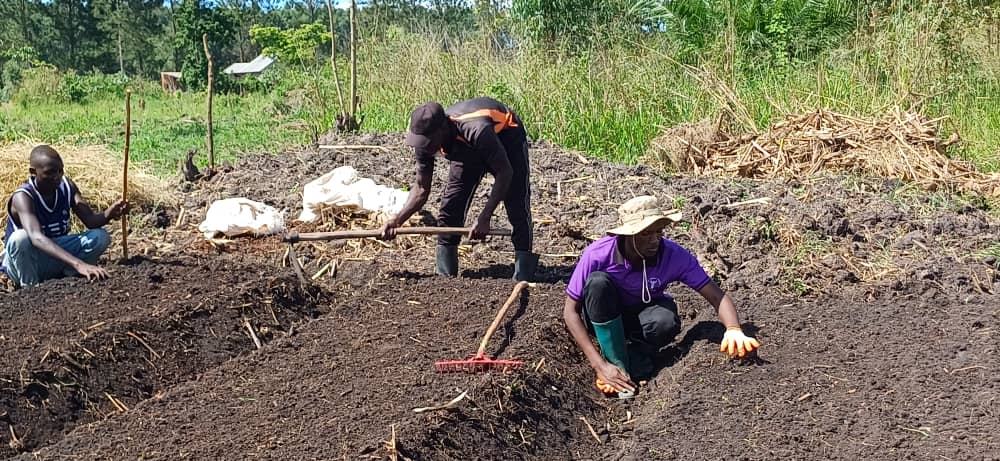
A digital champion rooted in community
Anthony proves that technology, training, and tenacity can transform agriculture. A combination of increased trust and digital outreach has led to his profits growing by 15% monthly. Now, he is regarded as the go-to crop health expert in his area.
“My shop is now known for not only selling inputs to farmers, but also [as] a hands-on consultation centre operated by a well-trained plant doctor.”
His digital-first, farmer-centred approach is growing his business and building a stronger and more innovative farming community in Uganda and beyond. His story reflects the growing influence of youth in agriculture in Uganda, enabling them to shape sustainable farming futures.
What’s next?
Anthony’s journey doesn’t stop here. Inspired by the training and interactions that shaped his business transformation, he is taking new step towards personal and professional growth. Anthony recently enrolled in a 1-year bridging course that will enable him to pursue a BSc in Agriculture at university.
Reflecting on this, he said the skills and confidence gained through training have motivated him to return to school. By expanding his academic knowledge, Anthony hopes to deepen his impact on smallholder farmers and continue advocating for sustainable and innovative agriculture.
Training module to help agro-input dealers in Uganda reduce the risks of highly hazardous pesticides
“Positive youth engagement programmes empower young people to reach their full potential”
5 ways that youth agricultural training benefits young people in Uganda
Africa’s youth unemployment challenge needs a revolution in order to sustain global development
PlantwisePlus gratefully acknowledges the financial support of the Directorate-General for International Cooperation, Netherlands (DGIS); European Commission Directorate General for International Partnerships (INTPA); UK International Development from the UK government; and the Swiss Agency for Development and Cooperation (SDC).
1 Comment
Leave a Reply
Related News & Blogs
In photos: how plant clinics support advisory services in Bangladesh
Over the past decade, CABI has worked in Bangladesh to strengthen national plant health systems, first through Plantwise and since 2021, PlantwisePlus. The programme works with partners to ensure farmers have access to reliable, science-driven crop hea…
24 February 2026

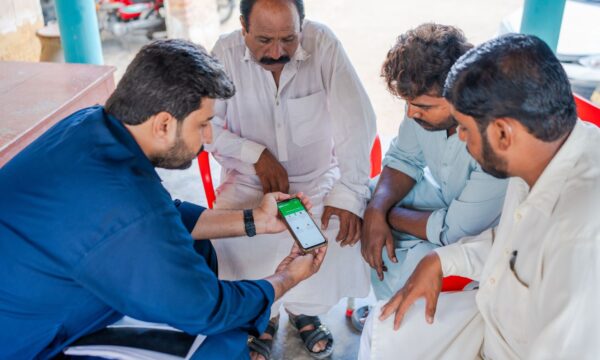
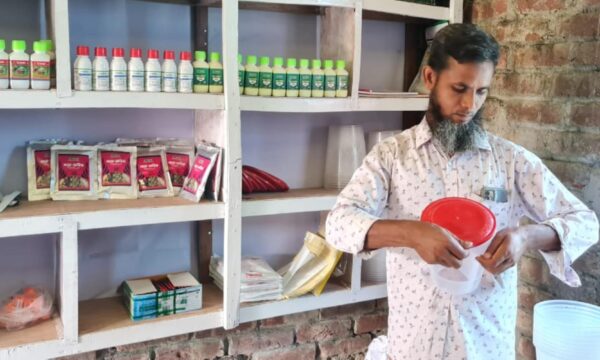
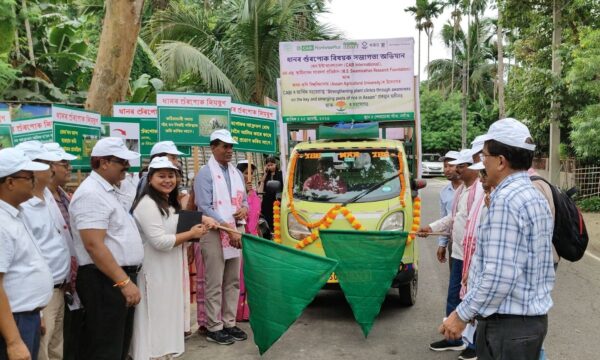
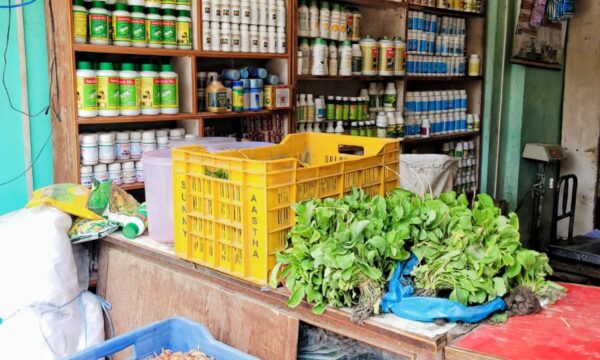
Good work